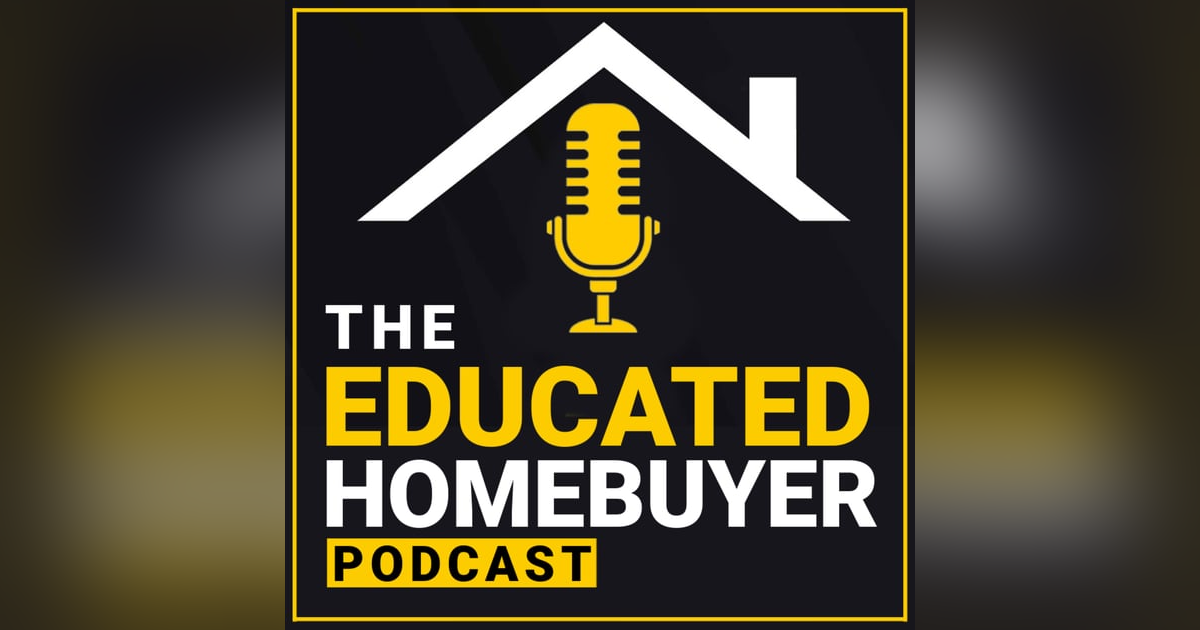How Tariffs Are Fueling Housing Market Volatility

How Tariffs Are Shaking Up the Housing Market (And What It Means for You)
Watch the full episode:
🎯 Want to buy right and borrow smart? Click here to schedule a strategy session with Josh and the team.
Introduction: The Return of Tariffs (And Why It Matters)
Tariffs are back, and this time they aren’t just political talking points—they’re sending ripple effects across the bond market, hammering home affordability, and injecting a new level of chaos into the housing landscape. For homebuyers, sellers, and anyone watching the market, the volatility has become impossible to ignore.
Tariffs, Bonds, and the Interest Rate Rollercoaster
Josh Lewis breaks it down: tariffs hit the bond market first. Even if you don’t care about bonds, you definitely care about mortgage rates—and the two are inseparably linked. Tariff announcements have caused mortgage rates to fluctuate dramatically in just days. In one week, we saw rates drop to their lowest levels in months and spike to their highest levels in 2025—all within a four-day stretch.
- 📈 Rates improved initially on recession fears.
- 📉 Then surged as markets anticipated higher government borrowing needs.
- ⏳ More supply of bonds = higher yields = higher mortgage rates.
Takeaway: If you like the rate, lock it. Waiting could cost you.
Volatility = Uncertainty for Homebuyers
Volatility is the new norm. As Jeb Smith explains, rates have moved in huge swings—over 65 basis points—within a week. That’s nearly a 0.65% jump in mortgage interest rates. This creates an emotional rollercoaster for buyers who are trying to plan their next move in an unstable market.
What Does This Mean If You’re Under Contract?
- 🎯 Lock your rate if you’re comfortable. Don’t gamble on tomorrow’s headlines.
- 📄 Have your paperwork ready to act fast when the opportunity arises.
- 🧠 Don't rely solely on your lender's forecast—no one has a crystal ball right now.
How Tariffs Could Impact Long-Term Inflation
Tariffs aren’t just a short-term shock—they could fuel prolonged inflation. If tariffs drive up production costs, will businesses pass those costs on immediately or gradually? Either way, it means prices stay higher for longer, and inflation lingers.
What’s even more concerning is that we don’t have clarity. The current tariff policy is unclear, and the economic logic behind it has been called into question—even by conservative economists. This breeds more instability, not less.
"This isn’t about politics—it’s about economics. And right now, the math behind these tariffs doesn’t add up." — Josh Lewis
Inventory Rising But Not Crashing
Jeb notes a rise in price reductions and inventory across the U.S.—about 35% of homes have seen price cuts. But before you shout "housing crash," realize this increase is heavily concentrated in just a few markets, notably Florida and Texas. And nationally, inventory levels are still historically low.
Why a Massive Price Crash Isn’t Likely
- 🏠 40% of U.S. homes are owned outright—no mortgage = no rate pressure.
- 🔒 70% of mortgaged homeowners have sub-5% interest rates—they’re not moving.
- 💰 Loan-to-value ratios are strong, and equity is high—forced sales are rare.
How to Navigate a Chaotic Market
If you want to buy a home right now, you need more than good credit. You need conviction. This isn’t a market for people who are half in. It’s for confident buyers with stable income, solid savings, and a long-term perspective.
Ask Yourself:
- 🧩 Is this the right time in your life?
- 📉 Can you tolerate short-term volatility for long-term gain?
- 🛡 Do you have the reserves to weather economic swings?
It’s also crucial to stay educated and connected. Professionals like Josh and Jeb can help you understand market shifts in real-time. If you’re waiting for things to "make sense," you might be waiting forever. This market doesn’t always make sense.
Builders Under Pressure
Builders are getting squeezed. The National Association of Home Builders reports tariffs could add $10,000 to the cost of a new home. Combine that with the need to offer buyer incentives and absorb rate buy-downs, and you’ve got margin pressure unlike anything we’ve seen in years.
What can’t last, won’t. These tariffs will likely evolve—but how and when remains a giant question mark.
Final Thoughts: Stay Focused on What You Can Control
Tariffs. Bond markets. Inflation. Volatility. These aren’t things you can control. But you can control your preparation, your clarity, and your timeline. Buy when it makes sense for you. Not based on fear. Not based on hype. Based on strategy.
And if you’re unsure? Hit pause, stack cash, study the market, and plan your next move.
💡 Take Action
- Schedule a strategy call with Josh Lewis and team here.
- Subscribe to the YouTube channel for weekly live updates and Q&A.
- Join the newsletter to get market insights straight to your inbox.
Until next time—buy right, borrow smart.


